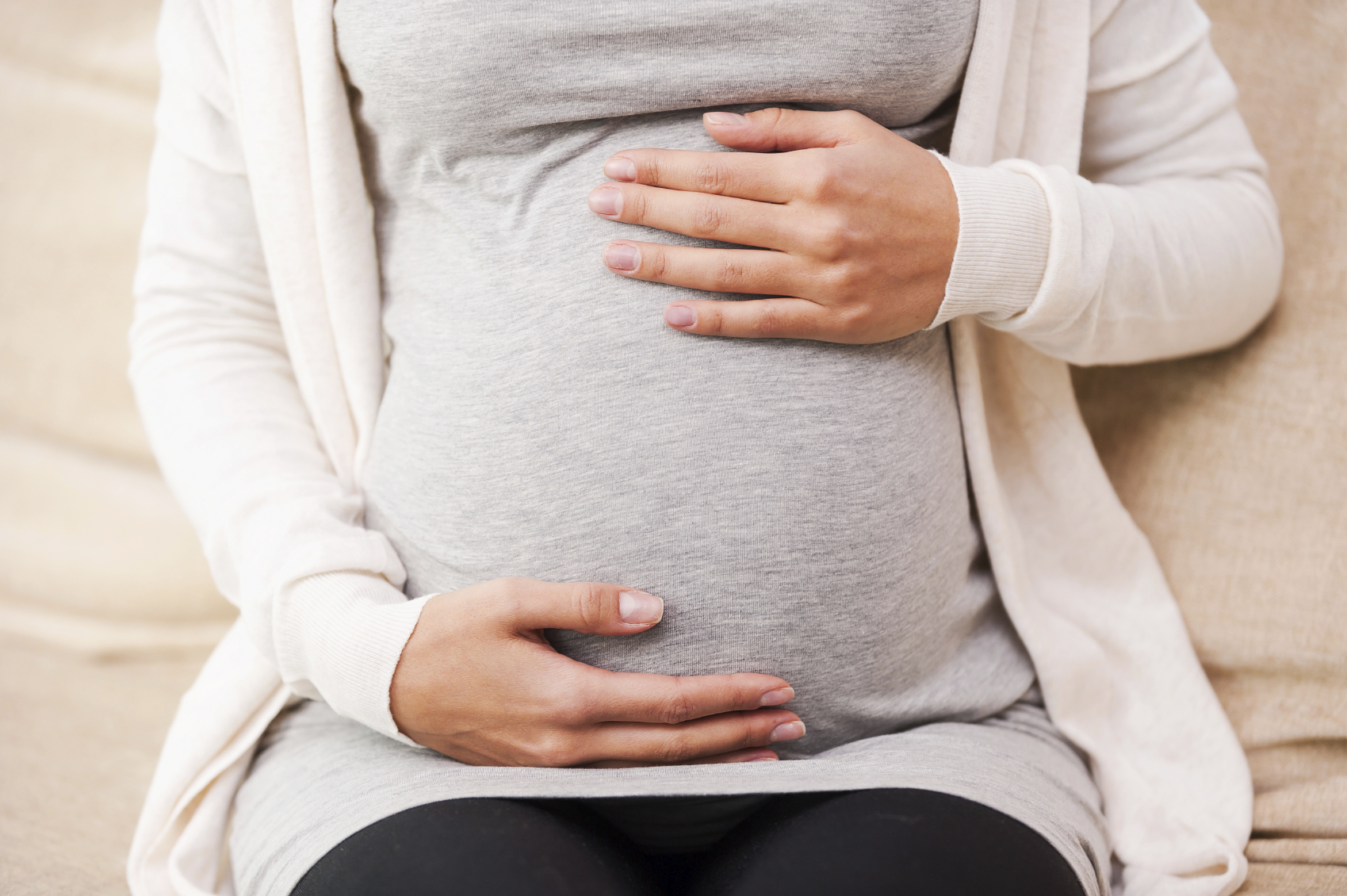Children have an 87% higher autism risk when their mother takes an antidepressant drug during pregnancy.1
That’s just the latest scathing indictment of one of Big Pharma’s biggest moneymakers. A string of studies links antidepressants to the tragic brain condition.2
Selective serotonin reuptake inhibitors (SSRIs) are the most common type of antidepressant taken by expectant mothers.3
Professor Anick Bérard of the University of Montreal led the new study. She believes SSRIs—like Zoloft and Prozac—may raise autism risk because they inhibit serotonin.4 It’s a chemical messenger that plays a vital role in very early brain development. That’s when autism takes root.5
Antidepressant use among pregnant mothers more than tripled in the U.S. from 1998 to 2005.6 This has been a boon to the drug industry. SSRIs are the most popular medications in the U.S. Revenues top $9 billion.7
Meanwhile, autism rates have soared. They’ve increased 78% over the last decade.8 Perhaps Big Pharma could dismiss this as a coincidence if not for previous research:
- A study by the Bloomberg School of Public Health found that boys with autism were almost three times as likely to have moms who used antidepressants during pregnancy.9
- A 2013 study examined thousands of Swedish children. It found that in-the-womb exposure of antidepressants increased autism risk.10
- A 2011 study in California concluded the drugs’ use in pregnancy likely raises the risk of autism.11
Depression is a serious condition. And pregnant women with the condition need to get appropriate treatment.
But the major drug companies push SSRIs as the first response. Instead of handing out these powerful drugs like candy, the decision to take them should be well-informed…and a last resort.
Vitamin D is one natural solution. There’s strong evidence it lowers the risk of both depression and autism.12,13
It is wise for pregnant women dealing with depression to get their vitamin D levels checked. This involves a simple blood draw. Any doctor’s office can do it. The Vitamin D Council considers readings below 40 ng/mL to be low.14
Foods rich in vitamin D include:
- Wild-caught salmon
- Pasture-raised eggs
- Beef liver
- Mushrooms
A whole-food vitamin D3 supplement may be the best choice for women who can’t get enough vitamin D from food or sunlight. The dose needed depends on the level of deficiency. This can be determined by testing. But many people find that 5,000 IUs a day is enough to bring levels up.
In Good Health,

Angela Salerno
Publisher, INH Health Watch
Like this Article? Forward this article here or Share on Facebook.
References:
1http://www.eurekalert.org/pub_releases/2015-12/uom-tad120915.php
2http://www.hopkinsmedicine.org/healthlibrary/conditions/pregnancy_and_childbirth/second_trimester_85,P01234/
3http://www.cdc.gov/pregnancy/meds/treatingfortwo/data.html
4http://www.eurekalert.org/pub_releases/2015-12/uom-tad120915.php
5https://www.autismspeaks.org/what-autism
6http://www.cdc.gov/pregnancy/meds/treatingfortwo/data.html
7https://www.madinamerica.com/2013/10/research-markets-u-s-anti-depressant-market-currently-stands-9-4-billion-2013-peaking-12-billion-2008/
8http://www.cnn.com/2012/03/29/health/autism/
9http://www.jhsph.edu/news/news-releases/2014/johns-hopkins-bloomberg-school-of-public-health-researchers-find-association-between-ssri-use-during-pregnancy-and-autism-and-developmental-delays-in-boys.html
10http://www.npr.org/sections/health-shots/2015/12/14/459665937/a-new-study-raises-old-questions-about-antidepressants-and-autism
11http://www.npr.org/sections/health-shots/2015/12/14/459665937/a-new-study-raises-old-questions-about-antidepressants-and-autism
12https://www.vitamindcouncil.org/health-conditions/depression/
13https://www.vitamindcouncil.org/health-conditions/autism/
14https://www.vitamindcouncil.org/about-vitamin-d/testing-for-vitamin-d/

